Starting from the Ground Up
As a first-generation college student who started out on the warehouse floor at UPS, I had no idea that my journey would lead me to a career in supply chain leadership at some of the world’s largest companies—Amazon, Microsoft, and now Origis Energy. My path has been shaped by mentorship, continuous learning, and a commitment to understanding not just the business side of supply chain but the human element behind it.
When I first started at UPS, my role was simple—loading and moving boxes. But those early experiences taught me a lot about how the smallest tasks fit into a much larger system. Seeing how every package depended on timely execution was a powerful introduction to the fundamentals of supply chain: efficiency, precision, and coordination. Those early days on the factory floor helped me build a strong foundation for what would become a long and rewarding career.
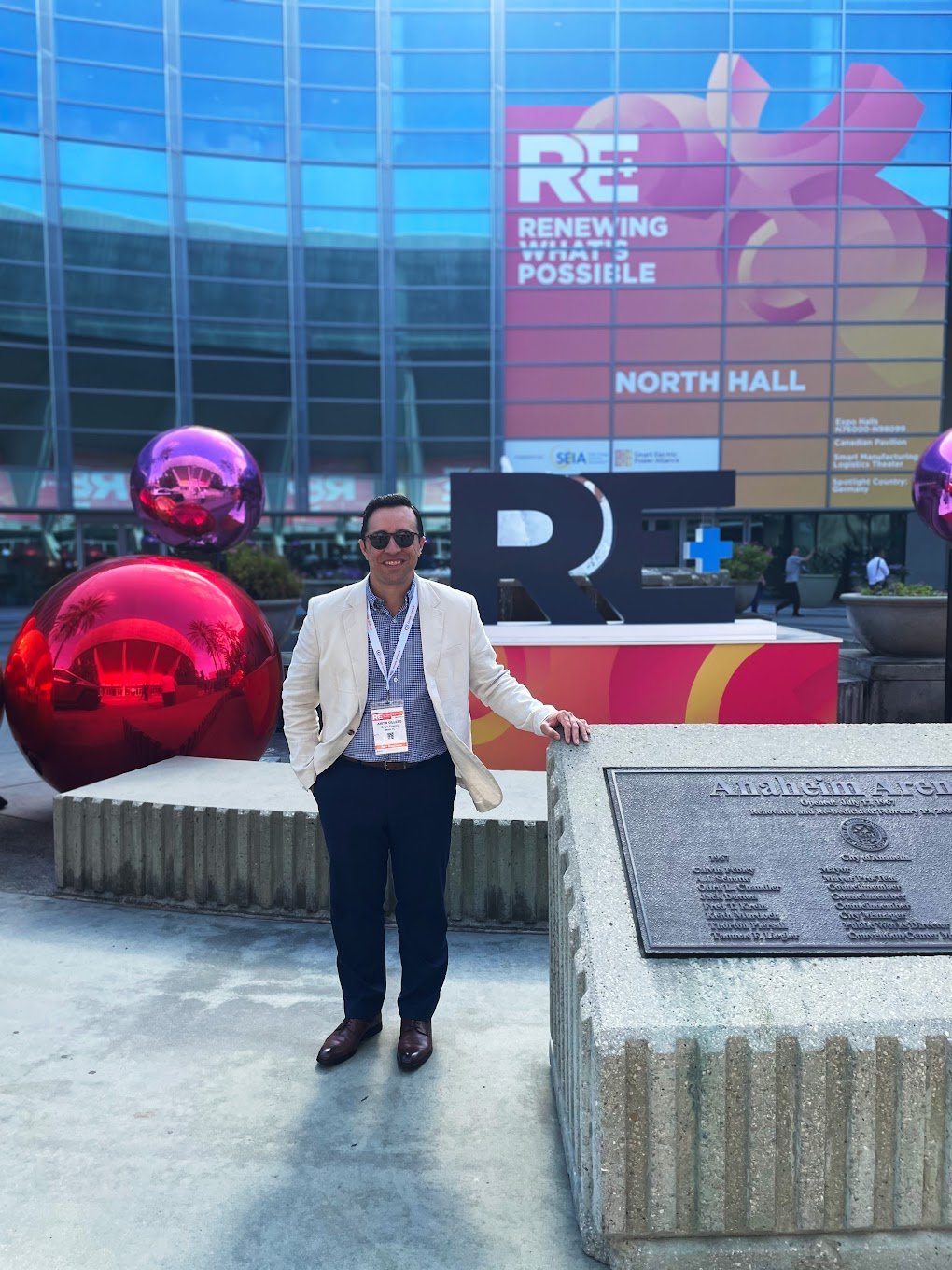
Supply Chain: The Backbone of Every Business
Most people only think about supply chains when something goes wrong—when online orders are delayed, when shelves are empty, or when prices surge unexpectedly. But supply chain is more than just the flow of products; it’s the invisible backbone of every business, and when it's done right, you never notice it. However, if it breaks, the impact is immediate and widespread.
The COVID-19 pandemic gave us one of the starkest examples of how crucial supply chains are. For the first time, the general public became aware of how interconnected and vulnerable these systems can be, from shortages in personal protective equipment to supply gaps in consumer goods. In every crisis, there’s a lesson, and for supply chain professionals, it became clear that resilience, flexibility, and strategic planning are more important than ever before.
The Intersection of Technology and Supply Chain Innovation
As I moved on to roles at Amazon and Microsoft, I saw how technology and data transformed supply chain operations. At Amazon, we used cutting-edge tools to optimize everything from inventory management to delivery systems, all at a massive scale. Microsoft was no different—using technology not only to track and optimize but to predict and preempt potential disruptions.
This convergence of supply chain and technology is a space where professionals have the chance to innovate. Data-driven decisions, machine learning, and AI have transformed traditional logistics into a more predictive and responsive system. This is an exciting time for those interested in joining the field or taking their career to the next level. The key takeaway? Learn the technology that powers modern supply chains, because the future will belong to those who can blend operational expertise with tech fluency.
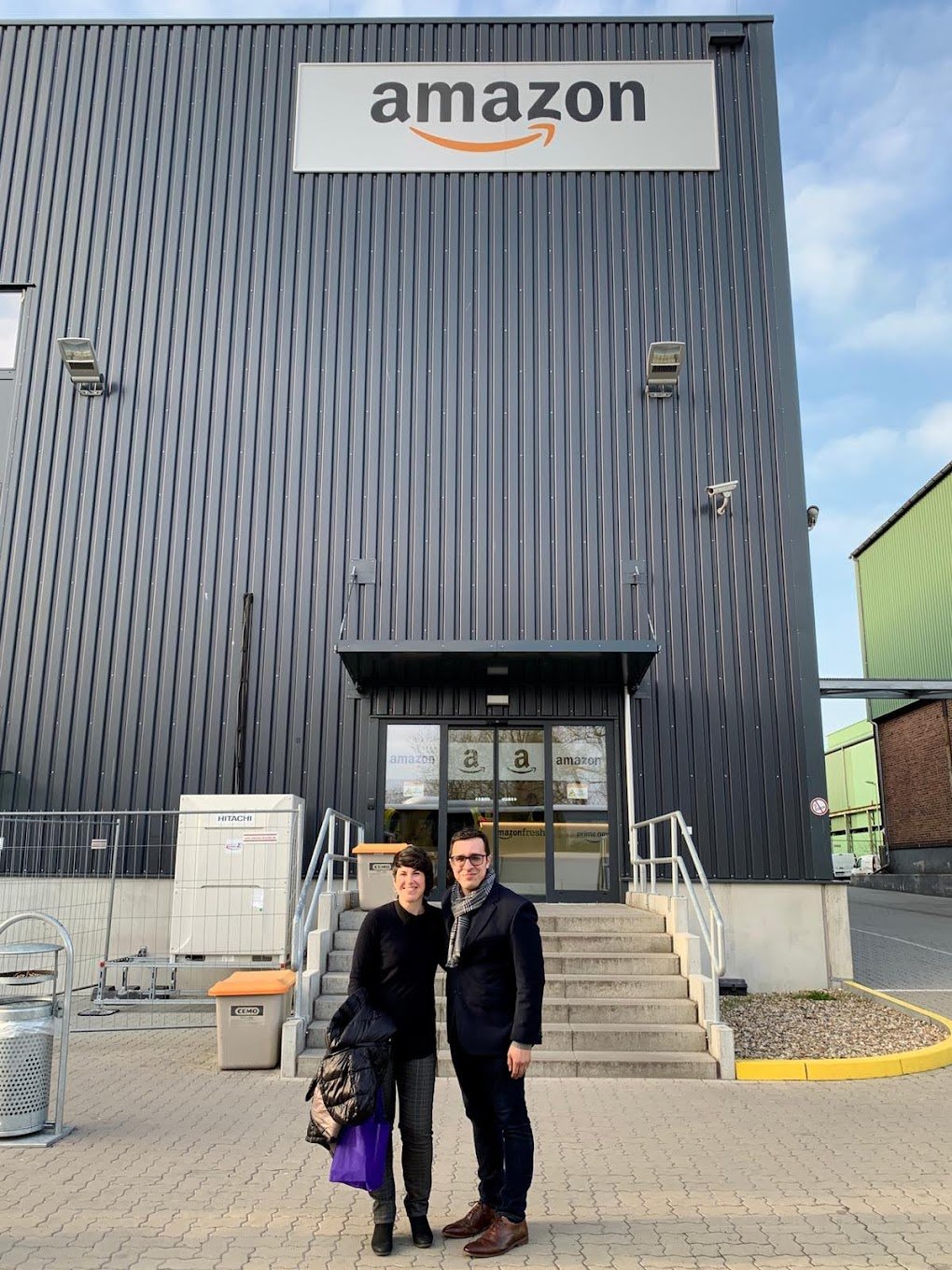
Learning the Human Side of Supply Chain
One of the most significant lessons I’ve learned throughout my career is that decisions made in the boardroom impact people on the frontlines. For example, adjusting a production schedule might optimize business processes, but it could mean that someone in the factory has to work seven days a week. Understanding the human impact of business decisions has influenced how I approach supply chain management—and it’s something I now teach to my mentees.
Supply chain isn’t just about moving products or balancing spreadsheets—it’s about people. A smooth-running supply chain can empower communities, provide jobs, and improve the quality of life in meaningful ways. As leaders, we must always be mindful of the human impact of our decisions. Whether we’re solving issues at a local factory or managing global operations, keeping people at the center of our strategies is essential.
This human-centered approach is something I bring to my mentorship sessions. I always remind professionals that it’s easy to get lost in data and processes, but real leadership involves understanding how your decisions ripple out to affect the people who execute them.
The Importance of Mentorship in Career Growth
Mentorship has played a pivotal role in my career. When I pursued my Master of Supply Chain Management at the University of Washington, I was fortunate to have professors and mentors who challenged me to think critically and connect classroom theory to real-world applications. One transformative experience was touring Audi’s manufacturing facility in Germany, where I saw lean management principles applied on the factory floor. This hands-on learning shaped how I approached supply chain management back at Microsoft and Amazon.
Mentorship isn’t just about receiving guidance—it’s also about giving it. Today, I mentor professionals across various industries, helping them craft their career paths, build leadership presence, and navigate transitions into managerial roles. One piece of advice I consistently share with my mentees is this: Problems in the field are not solved in the boardroom. This mantra has stuck with me and shaped how I lead teams, solve complex challenges, and coach others.
For those just starting out, finding a mentor can be invaluable. A mentor can help you navigate unfamiliar territory, avoid common mistakes, and accelerate your growth. And for those already in leadership, mentoring others provides fresh perspectives and the opportunity to give back to the profession.
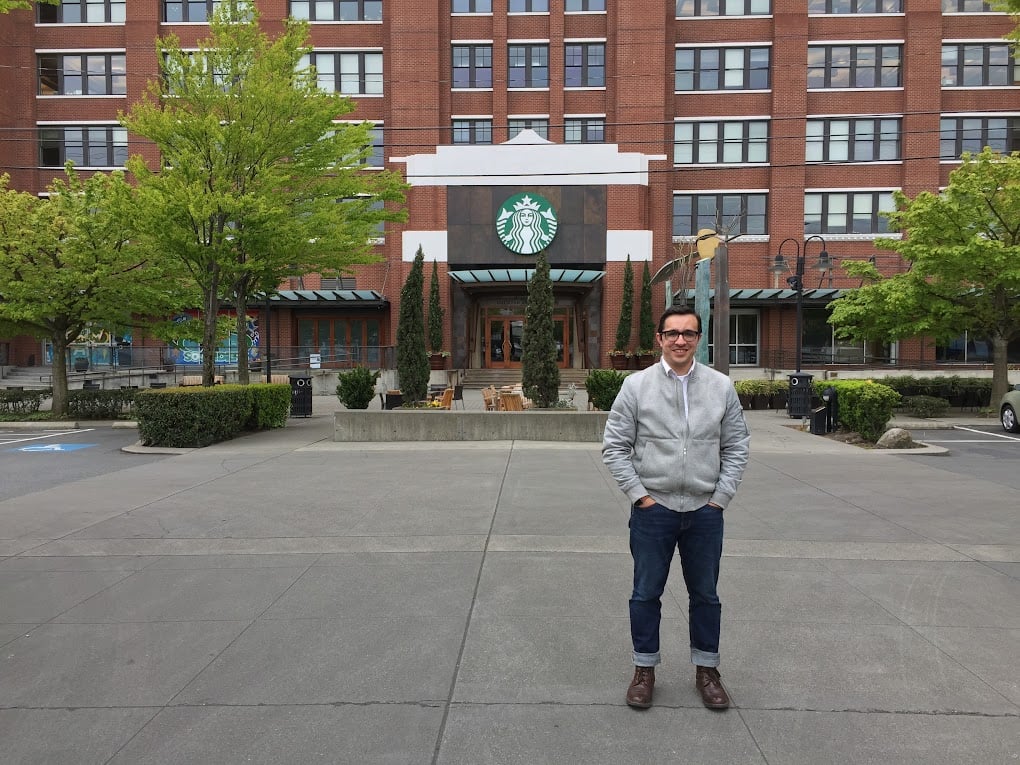
Navigating Career Pivots and Leading in New Industries
As my career progressed, I realized that supply chain expertise could open doors to new industries. Transitioning from tech giants like Microsoft and Amazon to renewable energy at Origis was a significant pivot. However, the principles I learned in supply chain—efficiency, adaptability, and strategic thinking—applied universally. The renewable energy sector, much like tech in its early days, is evolving rapidly, and the ability to drive operational efficiency is critical for success.
If you’re considering a career pivot, remember that your skills are transferable. Supply chain professionals have the unique ability to impact a wide range of industries because every business relies on the efficient flow of goods and services. The renewable energy space, for example, is a growing sector that requires the same operational expertise as tech, healthcare, and retail. So don’t hesitate to leverage your experience and move into a field that excites you.
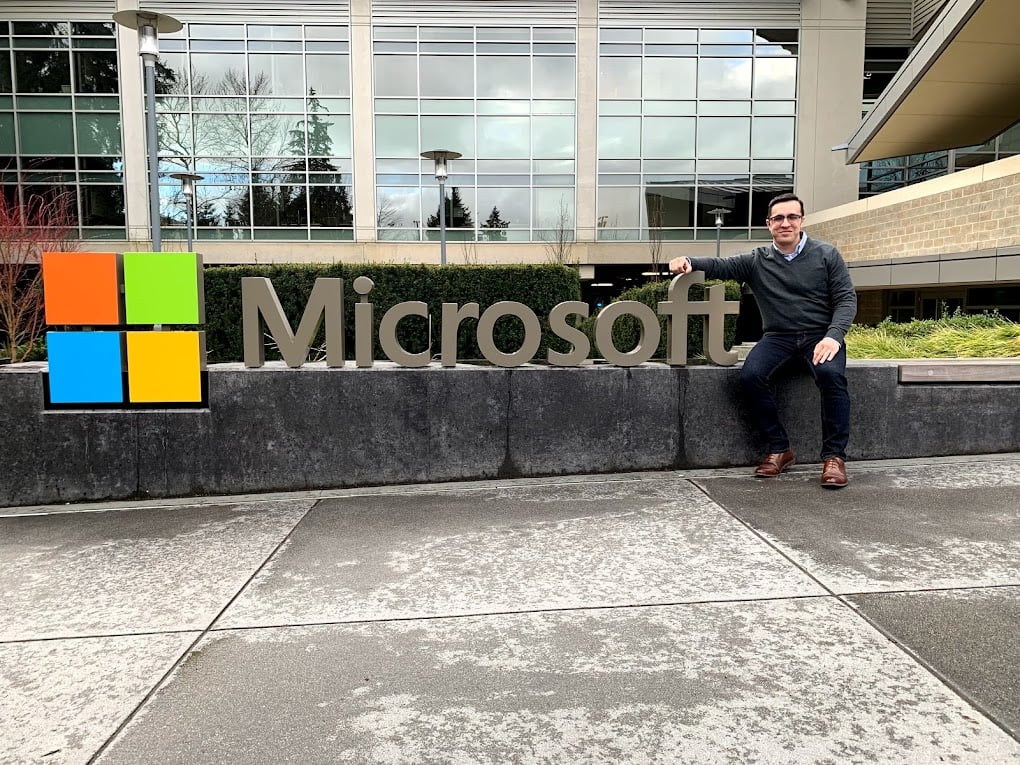
Building a Career with Purpose
At Origis Energy, I lead supply chain operations with a purpose: to shape the future of renewable energy and create a lasting impact. The shift to clean energy isn’t just about business growth—it’s about making the world a better place. Every day, I get to work with teams that help provide clean energy to communities, and that purpose-driven work has brought a new level of fulfillment to my career.
I encourage others to think about the larger purpose behind their work. Whether it’s innovation, sustainability, or community development, aligning your career with a greater purpose can give you the drive and fulfillment needed to succeed long-term.
Your Career Is a Journey—Not a Destination
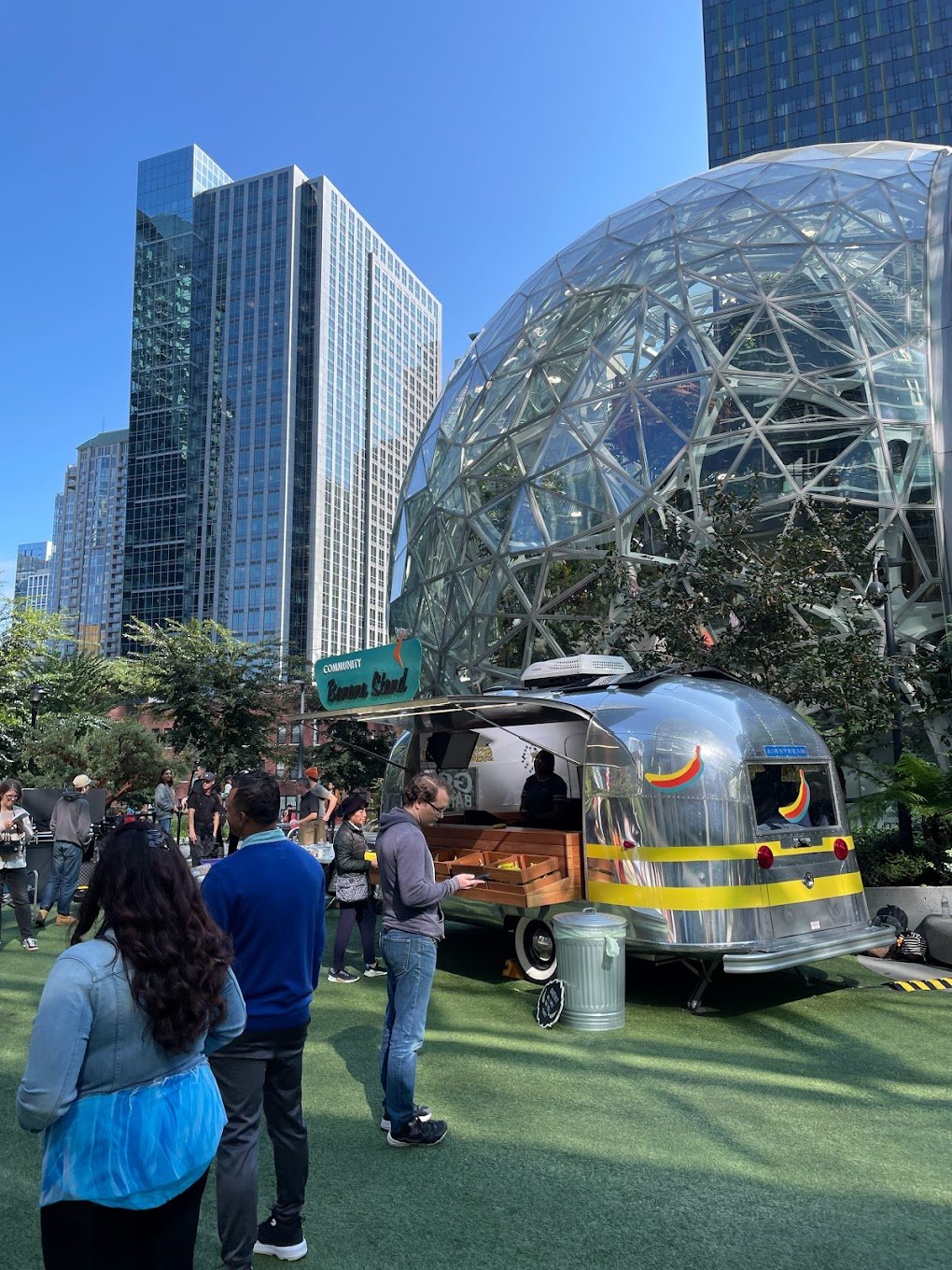
In mentoring, I often remind my mentees that career growth is a journey, not a destination. Whether you’re just starting out or looking to pivot into leadership, success is about continuous learning and adaptation. My journey—from working on the factory floor to leading operations at Fortune 500 companies—has been shaped by both hard work and the willingness to learn from others.
If you’re seeking mentorship or guidance in your career, I’m here to help. Whether it’s resume building, interview prep, or long-term career strategy, let’s work together to chart your path to success. The road to leadership is built step by step, but with the right guidance and mindset, you can reach your goals faster than you think.
Work hard, lead well, shape the future.
Justin Gillebo







